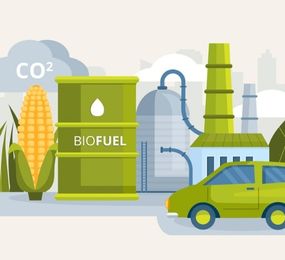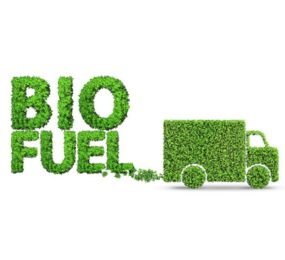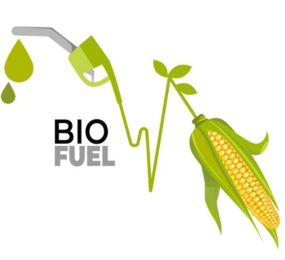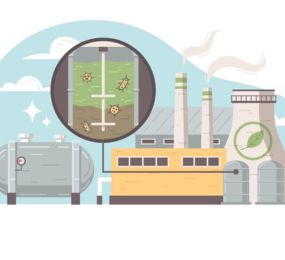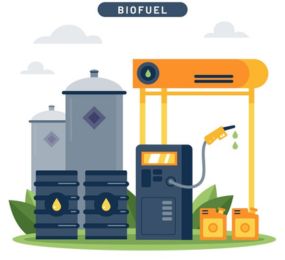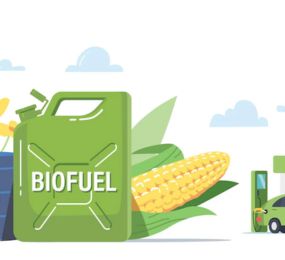Cellulosic ethanol holds great promise as a sustainable alternative to conventional gasoline, offering numerous environmental and economic benefits. Unlike first-generation ethanol, which is primarily produced from food crops such as corn and sugarcane, cellulosic ethanol is derived from non-food biomass sources such as agricultural residues, forestry waste, and energy crops.
One of the key advantages of cellulosic ethanol is its potential to reduce greenhouse gas emissions and mitigate climate change. By utilizing non-food biomass materials, cellulosic ethanol production avoids the competition with food production and minimizes the indirect land use change effects associated with traditional ethanol feedstocks. This makes cellulosic ethanol a more environmentally sustainable option for transportation fuels.
However, the widespread adoption of cellulosic ethanol has been hindered by challenges in production processes. Unlike starch or sugar-based feedstocks, cellulosic biomass contains complex polysaccharides such as cellulose and hemicellulose, which require specialized technologies for efficient conversion into ethanol. Biomass pretreatment, enzymatic hydrolysis, and fermentation are key steps in cellulosic ethanol production, each presenting technical and economic challenges that need to be overcome.
Despite these challenges, significant progress has been made in developing cost-effective and scalable production technologies for cellulosic ethanol. Advances in enzyme engineering, biomass pretreatment methods, and fermentation processes have led to improvements in ethanol yields, process efficiency, and overall economics. Additionally, policy support and investment incentives have helped spur innovation and commercialization in the cellulosic ethanol industry.
In conclusion, cellulosic ethanol represents a promising pathway toward sustainable fuel production, offering environmental benefits, energy security, and economic opportunities. By overcoming challenges in production processes and scaling up commercial operations, cellulosic ethanol has the potential to play a significant role in reducing dependence on fossil fuels and mitigating climate change.
To register or learn more about the Forum please check here: https://www.leadventgrp.com/events/2nd-annual-advanced-biofuels-forum/details
For more information and group participation, contact us: [email protected]



